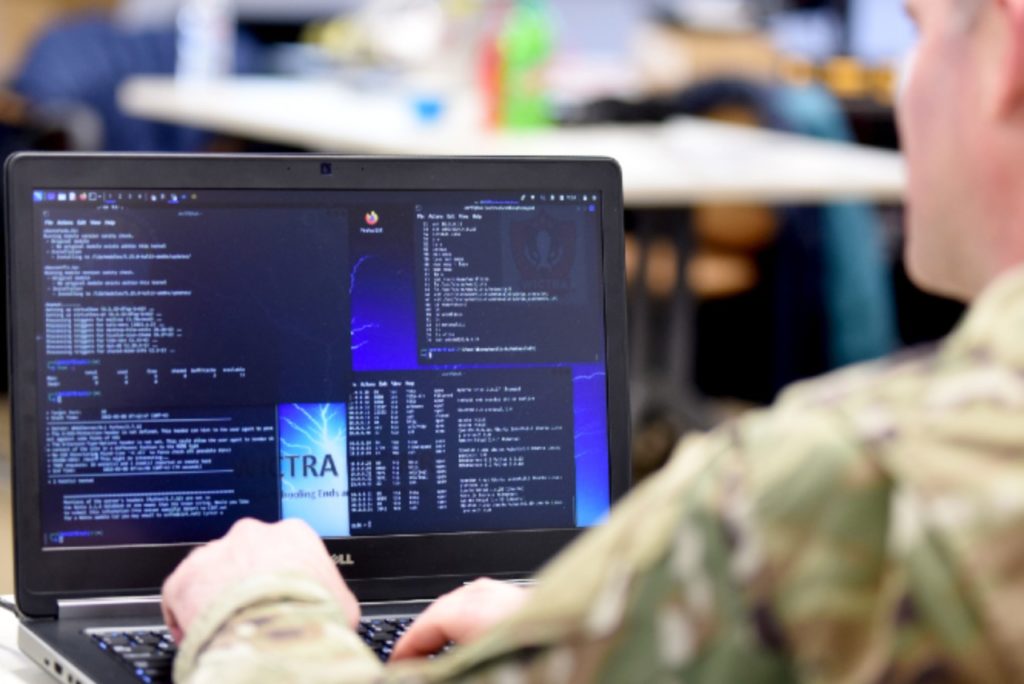In today’s digital age, technology has revolutionized warfare, leading to the emergence of cyber espionage and sabotage. Cyber threats continue to grow as technology becomes more interconnected, posing a new challenge for national security. Cyber warfare has changed the way wars are fought, where attackers can infiltrate networks and disrupt operations without physical weapons. Technology plays a vital role in both defense and offense, with countries investing in cybersecurity and offensive capabilities. The international implications of cyber warfare create tensions between nations, potentially leading to escalation. As technology evolves, the future of warfare will be dominated by cyber capabilities, posing new ethical and legal challenges. Countries must adapt to this new reality to protect themselves in an increasingly digital world.
Cyber Espionage and Sabotage: Examining the Impact of Technology on Modern Warfare
In today’s digital age, technology has transformed the landscape of warfare, leading to the rise of cyber espionage and sabotage. Cyber warfare involves using technology to disrupt or damage the activities of an adversary, whether it’s through stealing data, sabotaging networks, or launching attacks on critical infrastructure.
The Rise of Cyber Threats
As technology becomes increasingly interconnected, the potential for cyber threats continues to grow. It’s no longer just physical weapons that countries need to worry about – now, they must also defend against attacks on their digital infrastructure. Cyber threats come in many forms, from sophisticated attacks by state-sponsored hackers to ransomware attacks by criminal organizations.
The Impact on Modern Warfare
Cyber espionage and sabotage have changed the way wars are fought. In traditional warfare, physical weapons are used to inflict damage on an adversary. In cyber warfare, attackers can use technology to infiltrate networks, steal sensitive information, and disrupt operations without ever firing a shot. This makes it difficult for countries to defend against cyber attacks, as the enemy can remain anonymous and launch attacks from anywhere in the world.
The Role of Technology
Technology plays a crucial role in modern warfare, both in terms of defense and offense. Countries are investing heavily in cybersecurity measures to protect their networks from attacks, while also developing offensive cyber capabilities to use against their adversaries. As technology continues to advance, the potential for cyber warfare will only increase, leading to greater uncertainty in the realm of national security.
International Implications
Cyber espionage and sabotage have international implications, as attacks can be launched from anywhere in the world. This makes it difficult to attribute attacks to a specific country, leading to increased tensions between nations. The use of cyber warfare can also lead to escalation, as countries may respond with physical force in retaliation for a cyber attack.
The Future of Warfare
As technology continues to evolve, the future of warfare will likely be dominated by cyber capabilities. Countries will need to invest in cybersecurity measures to defend against attacks, while also developing offensive capabilities to use against their adversaries. The rise of artificial intelligence and autonomous weapons will further complicate the landscape of warfare, leading to new ethical and legal challenges.
Conclusion
Cyber espionage and sabotage have fundamentally transformed the landscape of modern warfare. As technology continues to advance, the potential for cyber threats will only increase, leading to greater uncertainty in the realm of national security. Countries must adapt to this new reality by investing in cybersecurity measures and developing offensive capabilities to defend against attacks. Only by staying ahead of the curve can nations hope to protect themselves in an increasingly digital world.
